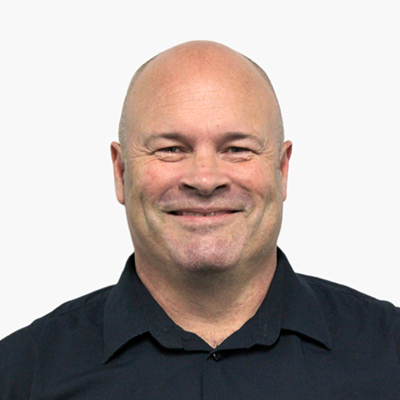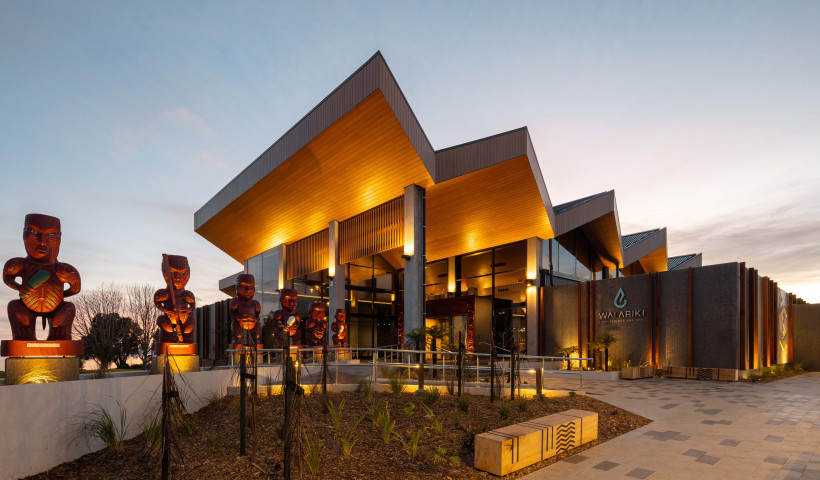
With most industries nowadays claiming to have sustainability at their core, how does one tell what is real and what is greenwashing?
Enter Dimond Roofing. Dimond aims to be the leader in sustainable roofing materials and has set ambitious goals to get there. Not only does Dimond have a fully realised sustainability pathway, it was also New Zealand’s first ever steel roll former to achieve Toitū’s Carbonreduce accreditation.
Toitū carbonreduce is a world-leading certification scheme, audited by Toitū Envirocare, which helps businesses accurately measure their direct and indirect greenhouse gas emissions, as well as the emissions from suppliers of air travel, waste sent to landfill, and freight. Throughout its accreditation process, Dimond Roofing were able to identify other areas in which emissions, water and energy consumption could be further reduced
Dimond Roofing products also carry the GreenRate Level A Global GreenTag certificate. Global GreenTag is a third-party accreditation programme that is widely recognised in over 70 countries. What makes Global GreenTag so robust is that it compares products and services against a global benchmark for the whole supply chain. In this case, right from taking the ore out of the ground through to delivery to customers.
“We worked intimately with all of our suppliers downstream in what was a fairly exhaustive process that took 12 months before we felt ready to present our case to Global GreenTag. We were immensely pleased in September 2019 to be awarded GreenRate Level A certification (the highest rating possible) on all of our ColorCote roll-formed roofing products on the back of all that effort” says Scott Morrison, Innovation and Sustainability Manager.
Having environmentally certified product options is now essential. Recognised third-party accreditation like Toitū carbonreduce and the Global GreenTag guarantees that Dimond Roofing products are leading products that minimise greenhouse emissions throughout the lifecycle — offering low embodied carbon and minimal waste at end of life.
Going forward, Dimond will continue to actively seek opportunities to improve its environmental outcomes including freight optimisation, waste minimisation, product performance and superior coatings. This is all in pursuit of its overall goal of reducing carbon emissions by 30% by 2030. This “30 by 30” goal is just one of the ways Dimond is doing its part to address climate change on its journey to becoming a leader in sustainable roofing.












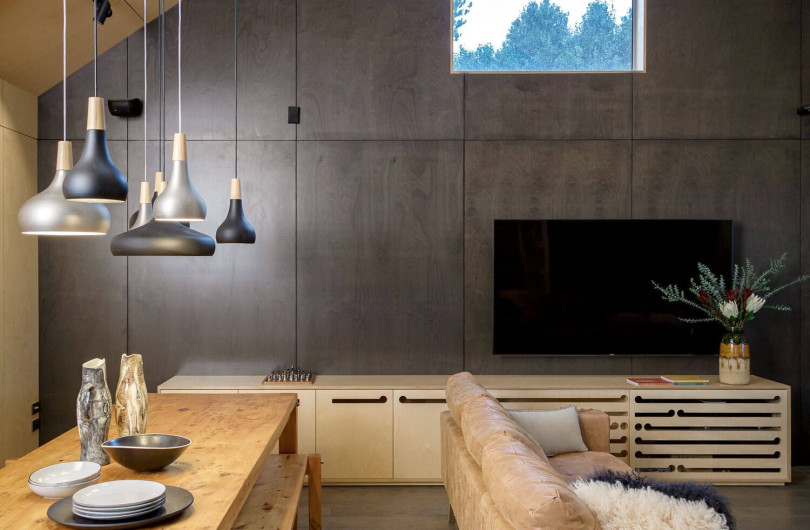
 Case Studies
Case Studies
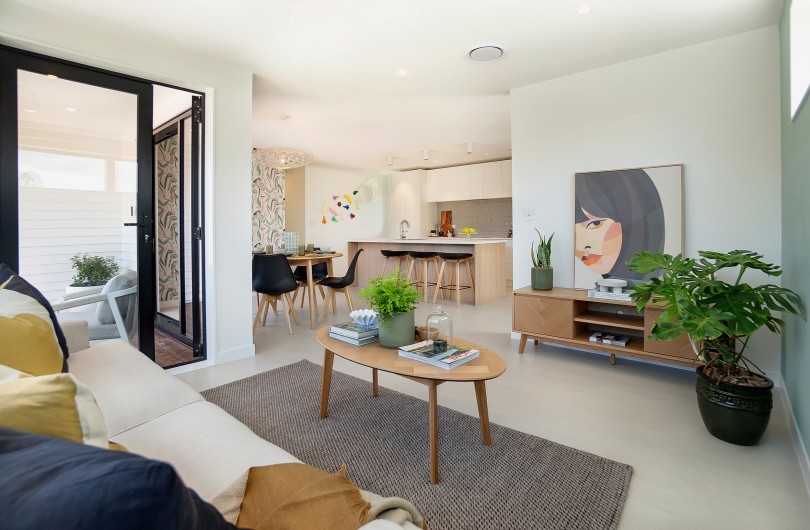

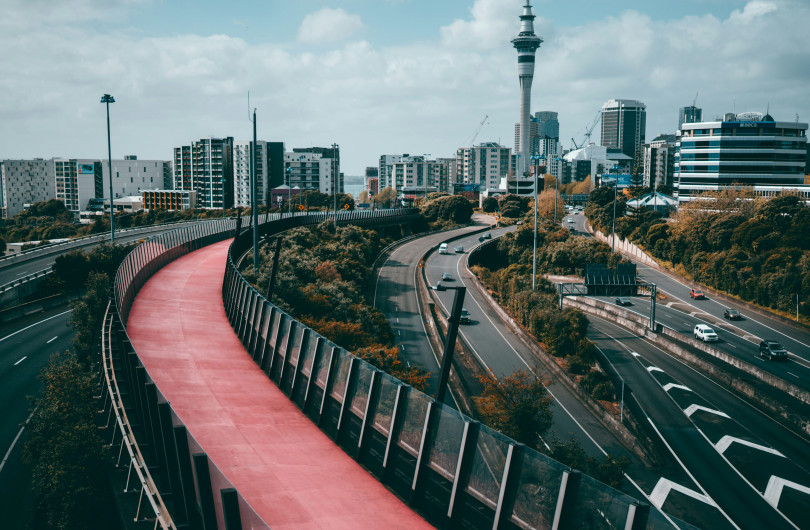
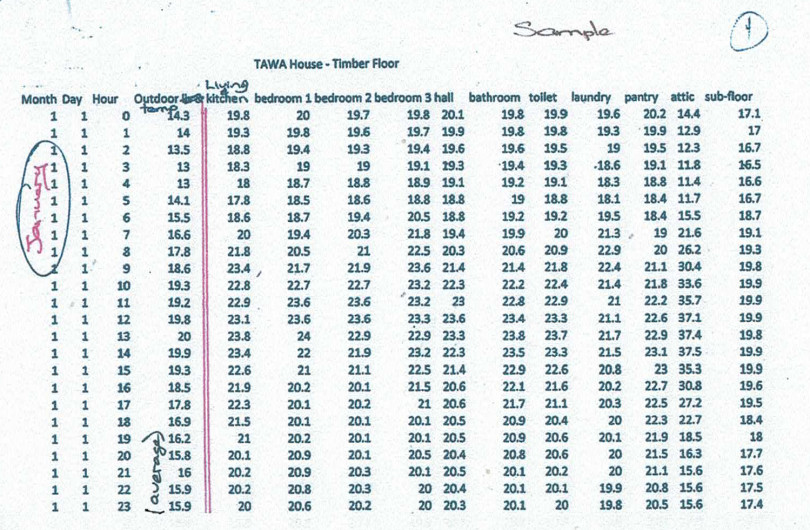

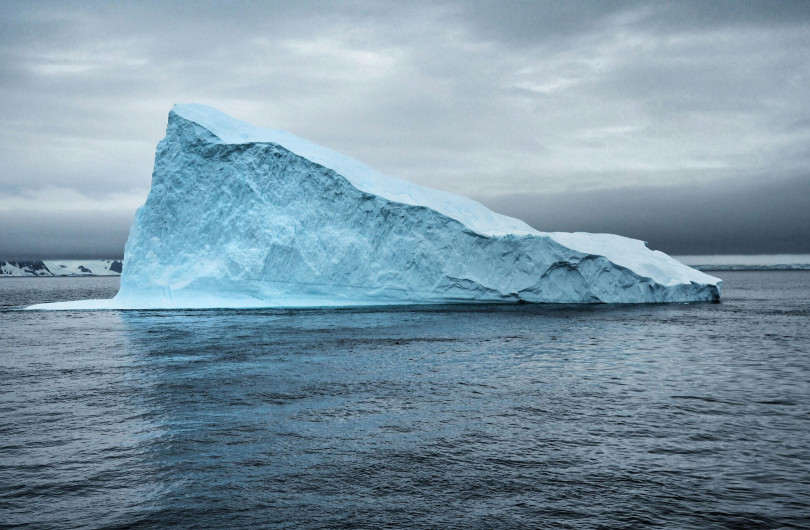


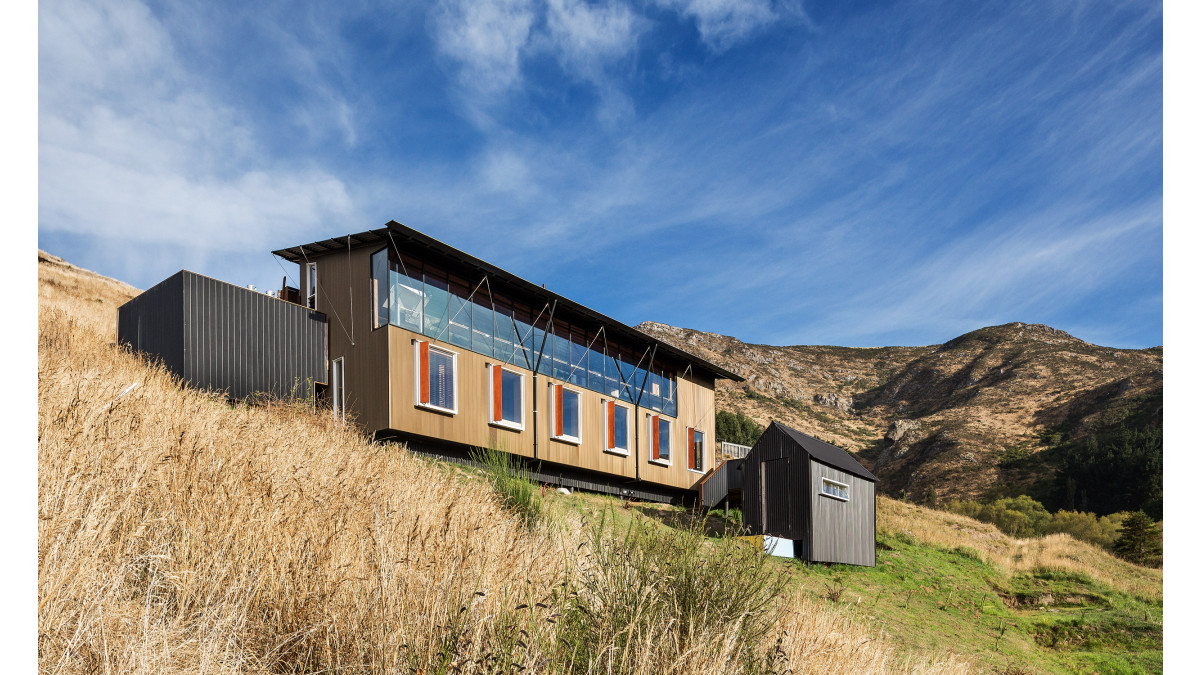
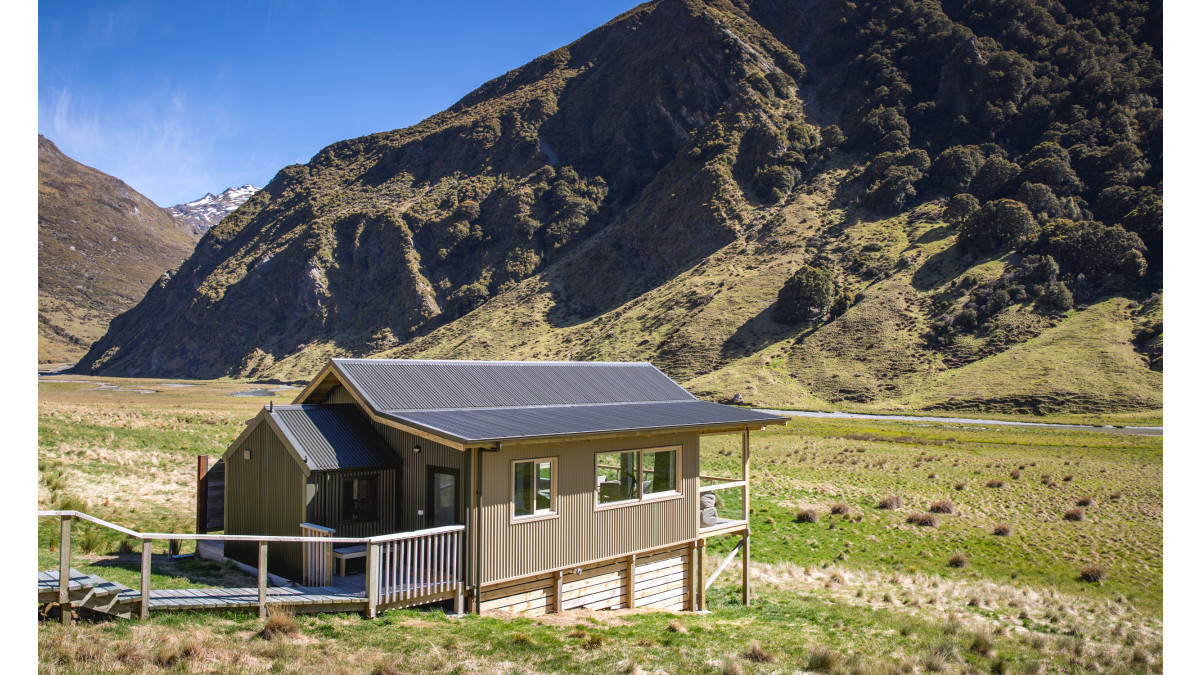
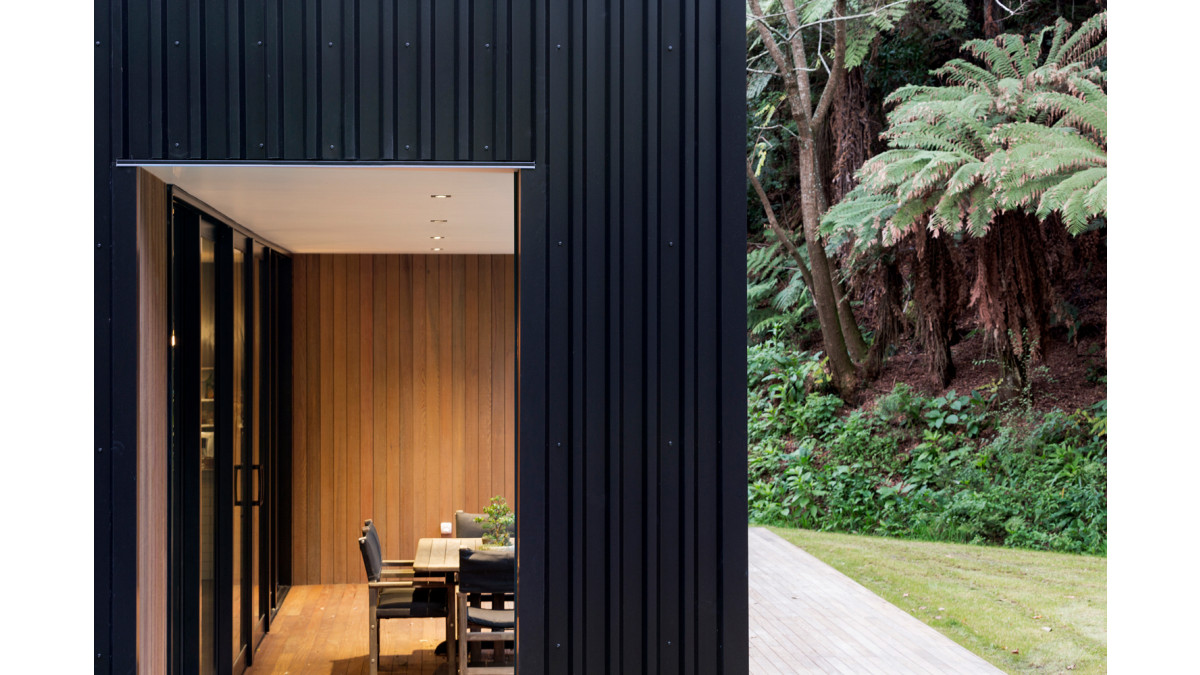


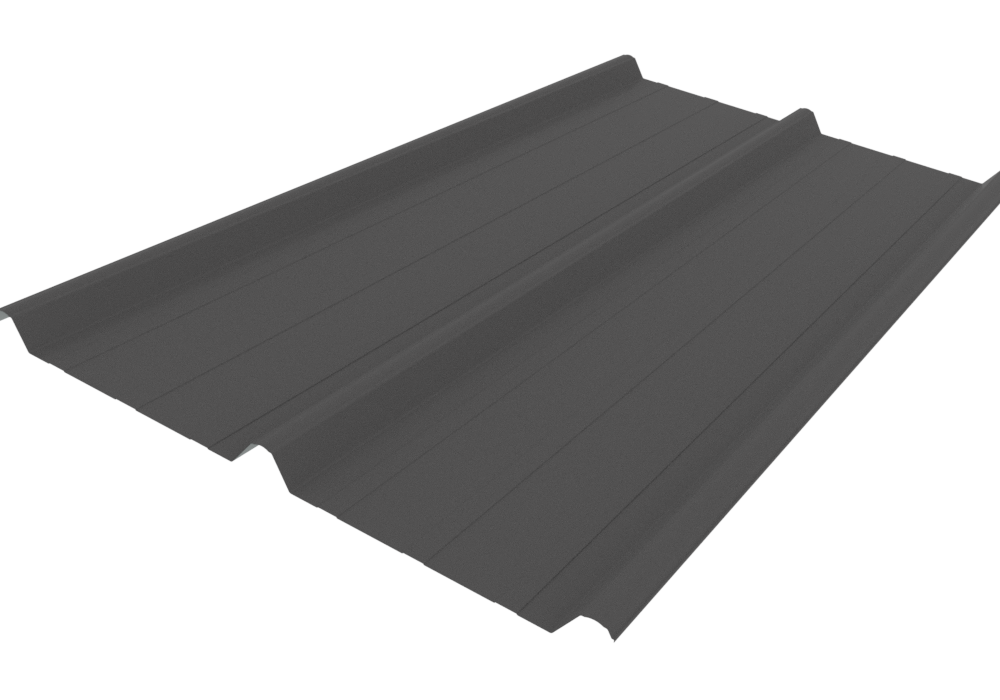

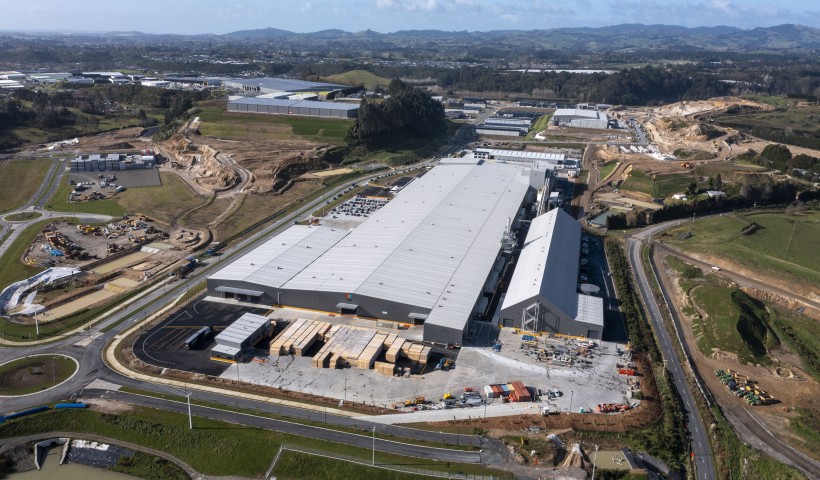
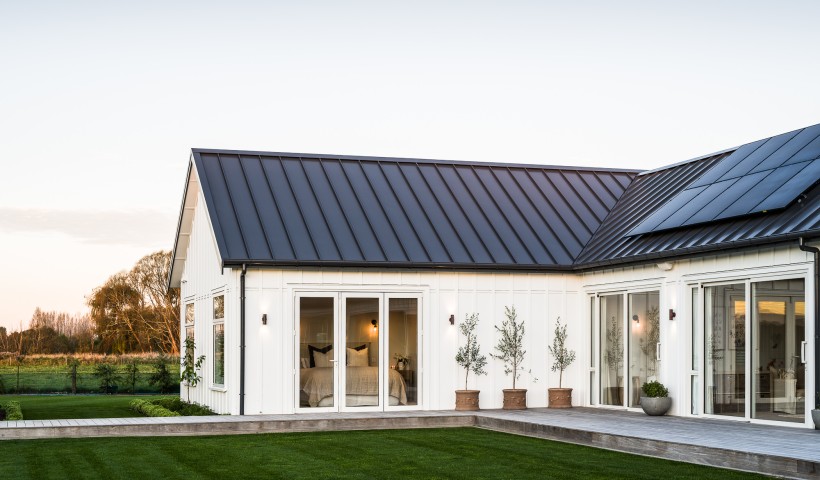
 Popular Products from Dimond Roofing
Popular Products from Dimond Roofing


 Most Popular
Most Popular

 Popular Blog Posts
Popular Blog Posts